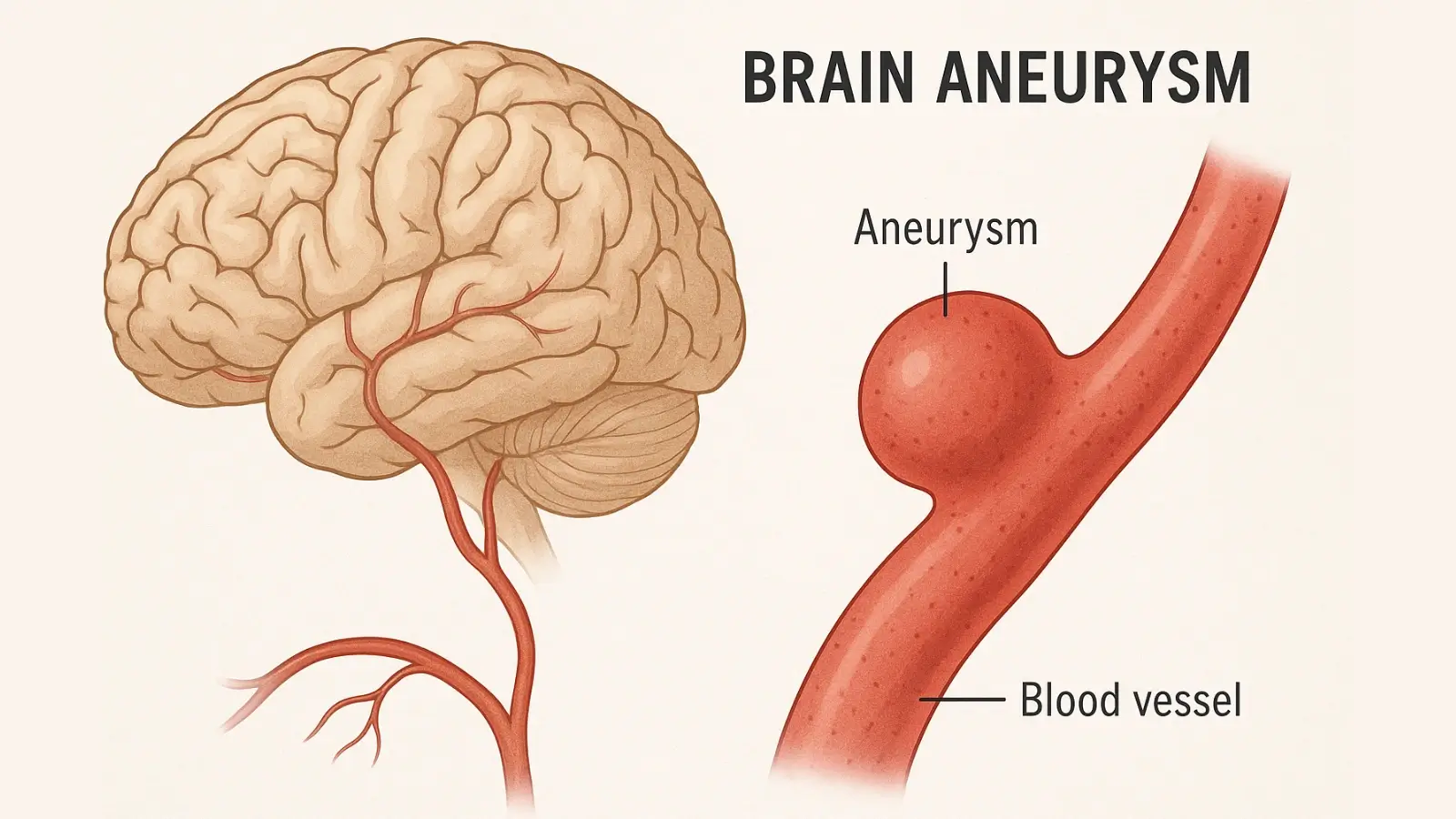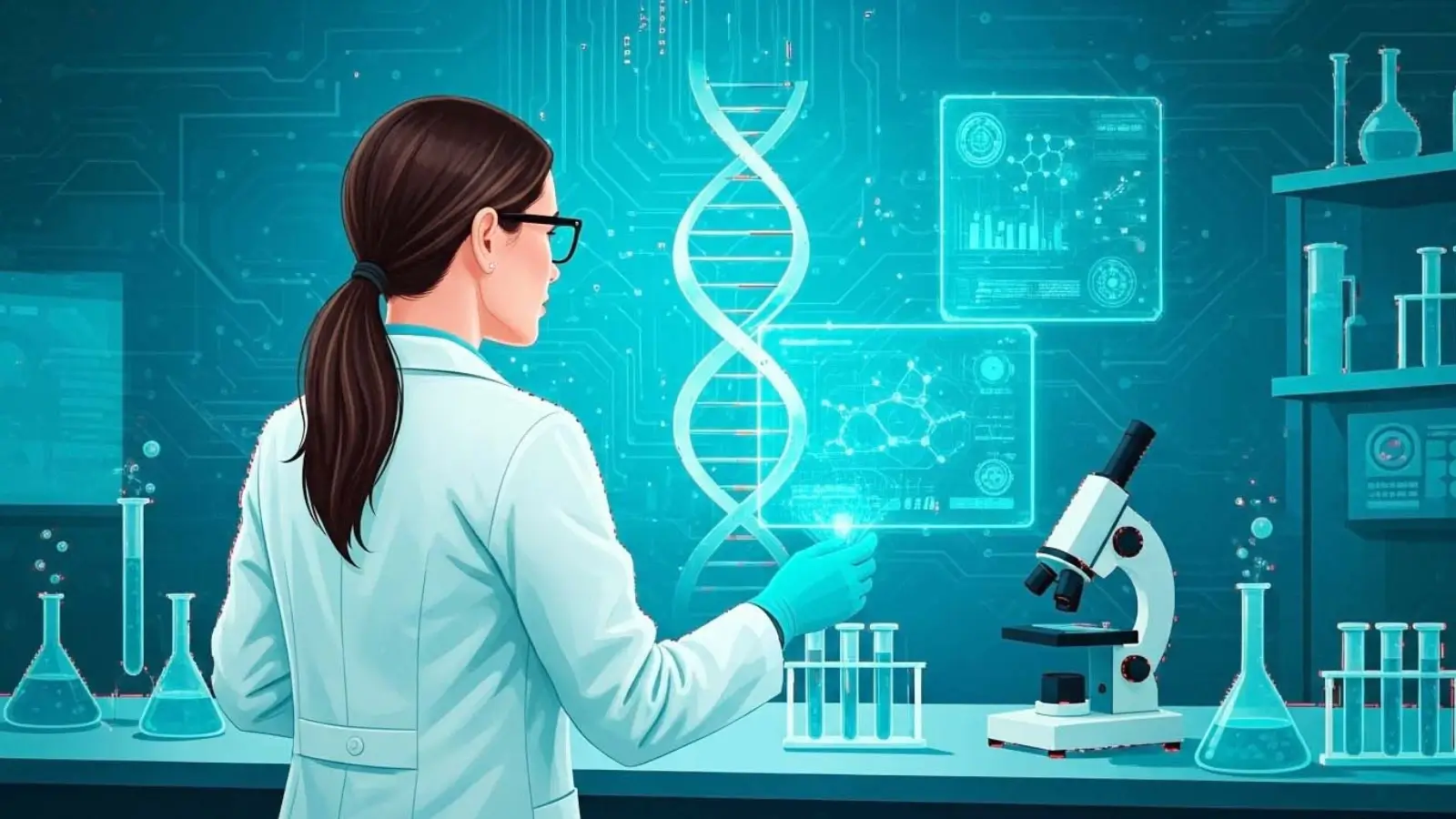


Artificial intelligence is quietly reshaping one of the most complex industries in the world — drug discovery. What once took years of trial and error in the lab is now being reimagined with the help of intelligent systems that can think, reason, and learn. Leading this transformation is Ascent Bio, a biotech company co-founded by Xuefei Gao, who serves as its Chief Operating Officer.
Gao’s mission is ambitious yet simple in concept — to build an AI scientist that works side by side with researchers, helping them discover new medicines faster, smarter, and more efficiently than ever before.
Before starting Ascent Bio, Gao spent years working in biotech venture investment, helping startups grow and bringing innovative science closer to commercialization. During this time, she witnessed a recurring problem: despite advanced tools and massive datasets, drug discovery still moved painfully slowly.
Scientists had access to plenty of information — from genetic sequences to clinical data — but connecting insights across all those sources was a huge challenge. It was like having all the puzzle pieces but no clear picture to guide the assembly.
That realization, combined with her studies at Yale University where she earned both an MBA and an MPH, inspired her to take action. She saw the potential of AI not just to speed up individual parts of research but to reshape the entire discovery process — from analyzing biological data to predicting how new drugs might work.
Together with her co-founders, Gao set out to build Ascent Bio — a company designed to merge human intelligence with machine reasoning in a way that truly changes how science is done.
Many AI tools in biotech today are designed for very specific tasks. One might predict how molecules behave, another might analyze images, and another might screen potential compounds. But these tools often operate in silos, requiring technical expertise or coding knowledge that not every scientist has.
Ascent Bio aims to change that. The company is developing an AI scientist — a system that can collaborate with human researchers, understand complex scientific questions written in plain language, and carry out analyses across multiple data types.
Rather than automating one small step, Ascent Bio’s AI can reason across the entire workflow. It can read scientific papers, analyze biological pathways, design potential compounds, and even suggest the next best experiment — all while explaining its reasoning clearly.
The goal isn’t to replace scientists. It’s to give them a powerful new partner — one that can handle repetitive analysis, find patterns invisible to the human eye, and allow researchers to focus on creativity and innovation.
Imagine a researcher studying treatments for a rare disease. Normally, this process might involve months of reading literature, comparing genetic data, screening compounds, and running simulations. Each stage requires a different tool, a different skill set, and a lot of time.
With Ascent Bio’s AI system, that same researcher could simply describe their goal — for example, finding a molecule that interacts with a specific protein. The AI would then automatically gather relevant research, identify potential drug targets, simulate molecular interactions, and propose next steps for lab validation.
Tasks that used to take months could be completed in days. That’s the kind of transformation Gao and her team are working toward.
As COO, Gao’s role connects science, strategy, and business. Her focus is on turning innovation into real-world impact — ensuring that what Ascent Bio builds can actually fit into pharmaceutical workflows.
“AI systems in science have to be explainable and trustworthy,” she often emphasizes. “It’s not enough for them to be accurate — researchers need to understand why a model made a certain recommendation.”
That philosophy has guided Ascent Bio’s partnerships and growth. The company has already achieved major milestones, including winning Yale’s 2024 Faculty Innovation Award and being selected for Merck’s Digital Science Studio, which supports startups redefining R&D through AI.
These recognitions have helped bridge the gap between academia and industry — two worlds that often move at very different speeds.
Beyond building technology, Gao is passionate about building community. She frequently speaks at events organized by Nucleate, the Yale Biotech Club, and Startup Yale, sharing insights about the evolving role of AI in life sciences.
She also serves as a judge for Yale School of Management’s Donor-Funded Entrepreneurial Awards, a meaningful opportunity for her to mentor young entrepreneurs. “I was once in their shoes,” she says. “Now, being able to support new founders exploring AI, healthcare, and sustainability feels like coming full circle.”
Despite the progress, Gao is realistic about the hurdles ahead. One of the biggest is trust — scientists need to understand and validate AI’s reasoning before adopting it widely. Another is data access. Much of the most valuable pharmaceutical data is locked behind proprietary walls, making collaboration difficult.
To overcome these barriers, Ascent Bio is working on partnerships that enable secure data sharing without compromising privacy or intellectual property.
Looking to the future, Gao believes that AI will never replace scientists — it will amplify their potential. A skilled chemist or biologist could use AI to explore questions they wouldn’t have time or tools to tackle on their own.
“AI can change the economics and timelines of drug development,” Gao explains. “Instead of spending years testing thousands of compounds, we can use intelligent systems to focus on the most promising ones from the start.”
Ascent Bio’s vision is a world where AI acts as a constant collaborator — a thinking partner that helps humanity discover life-changing medicines faster and more efficiently than ever before.
In that future, scientists won’t be replaced by machines. They’ll be empowered by them.